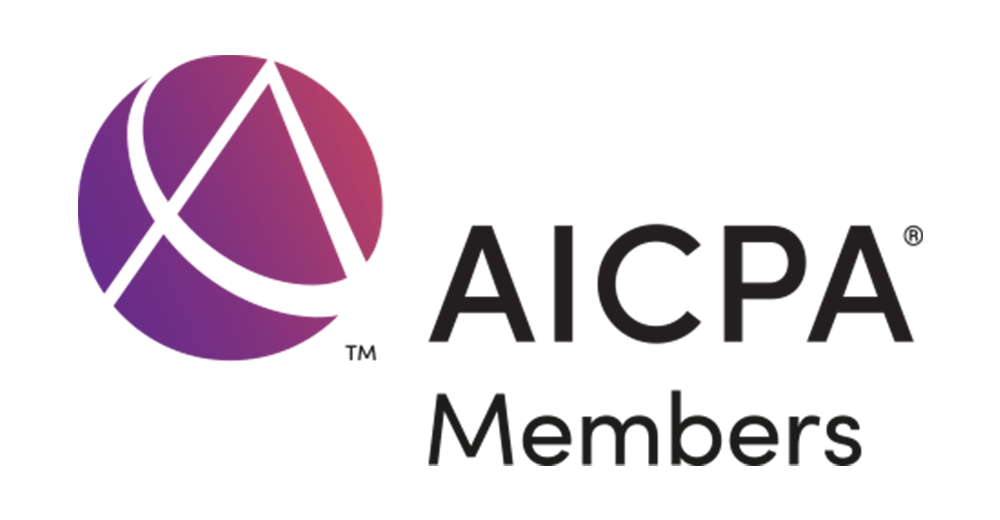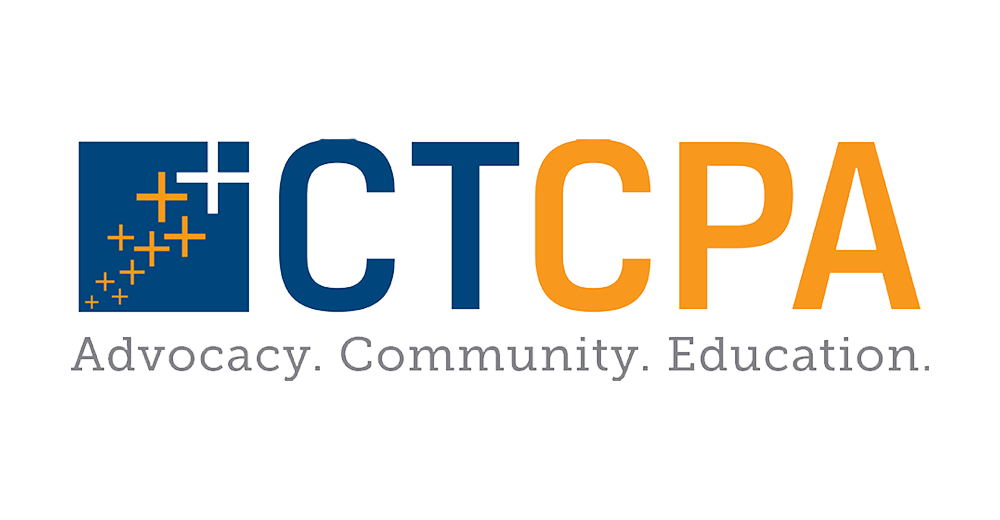News

15 Apr, 2024
(HARTFORD, CT) – Governor Ned Lamont today announced that his administration is awarding approximately $35.5 million in state funding to nonprofit providers across Connecticut for capital improvement projects that support each respective organization in their mission of delivering services to some of the state’s most vulnerable residents.
The grants are being released through the state’s Nonprofit Grant Program, which is administered by the Connecticut Office of Policy and Management. They will be used to fund capital projects not typically reimbursed through other funding mechanisms and will support items such as facility alterations, renovations, improvements, and additions; new construction; health, safety, and Americans with Disabilities Act projects; energy conservation improvements; information technology systems; technology that promotes client independence; purchase of vehicles; and acquisition of property.

27 Mar, 2024
Starting January 1, 2024, a significant number of businesses will be required to comply with the Corporate Transparency Act (CTA). The CTA requires the disclosure of the beneficial ownership information (otherwise known as “BOI”) of certain entities from individuals who own or control a company. Under the CTA, BOI reports will not be filed with the IRS, but with the Financial Crimes Enforcement Network (FinCEN) https://www.fincen.gov/.
This law affects many small businesses and legal entities. The law requires the reporting of detailed information about individuals affiliated with these companies, who ultimately own and/or control them. Please understand: IGNORING the filing requirements will result in severe punishment, including fines of $591 for each day of noncompliance (as of 2024, and annually inflation adjusted), up to $10,000, and up to two years imprisonment.

13 Mar, 2024
To help taxpayers with filing, the Internal Revenue Service today debunked some common myths to help taxpayers understand what to do with Form 1099-K.
Following feedback from partners and to help avoid taxpayer confusion, the IRS announced in Nov. 2023, that the reporting threshold for Form 1099-K, Payment Card and Third Party Network Transactions, would not change for 2023. The reporting threshold requirements remain over $20,000 in payments and over 200 transactions.
The IRS continues to see misinformation circulating about why taxpayers may or may not have received a Form 1099-K. Here are some common scenarios involving these forms. More information is also available at IRS.gov for what to do with Form 1099-K and frequently asked questions.

22 Feb, 2024
IR-2024-47, Feb. 21, 2024
WASHINGTON — The Internal Revenue Service today announced interest rates will remain the same for the calendar quarter beginning April 1, 2024.
For individuals, the rate for overpayments and underpayments will be 8% per year, compounded daily. Here’s a complete list of the new rates:
8% for overpayments (payments made in excess of the amount owed), 7% for corporations.
5.5% for the portion of a corporate overpayment exceeding $10,000.
8% for underpayments (taxes owed but not fully paid).
10% for large corporate underpayments.
Under the Internal Revenue Code, the rate of interest is determined on a quarterly basis. For taxpayers other than corporations, the overpayment and underpayment rate is the federal short-term rate plus three percentage points.
Generally, in the case of a corporation, the underpayment rate is the federal short-term rate plus three percentage points and the overpayment rate is the federal short-term rate plus two percentage points. The rate for large corporat

18 Feb, 2024
02/14/2024 Governor Lamont Signs Legislation Approving $17 Million To Cover Federal Gap in Winter Heating Assistance (HARTFORD, CT) – Governor Ned Lamont today announced that he has signed into law legislation approved this afternoon by the Connecticut General Assembly that allocates $17 million to cover a gap in federal assistance to the state this winter from the Low Income Home Energy Assistance Program (LIHEAP). Federal LIHEAP money is used by the state to fund the Connecticut Energy Assistance Program (CEAP), which is administered by the Connecticut Department of Social Services and helps low-income residents afford to heat their homes during the winter months. This year, Congressional Republicans blocked consideration of President Joe Biden’s request for additional funding for LIHEAP, rolling this aid back to the lowest levels since the winter of 2018-2019. The legislation signed into law today by Governor Lamont designates $13.5 million in supplemental aid for CEAP this winter season, and $3.5 million for Operation Fuel, a nonprofit that provides energy assistance support to Connecticut residents. “The federal LIHEAP program is an important safeguard to assist our most vulnerable residents, seniors, and families with children,” Governor Lamont said . “Working with the state legislature, we have identified one-time funds that can be used to supplement the decline in assistance that our state received this winter. The Connecticut Department of Social Services and Operation Fuel will work to ensure this funding gets to those in need. I continue to urge bipartisan leaders in Congress to follow the example of what Connecticut’s Congressional delegation have repeatedly demanded – more federal funding for LIHEAP next winter.” The legislation is Senate Bill 111 , An Act Concerning Home Energy Assistance. It was approved in the Senate by a vote of 35 to 0 and in the House of Representatives by a vote of 147 to 0. The bill took effect immediately upon being signed by the governor this afternoon.

21 Jan, 2024
The IRS has announced the new standard mileage rates for 2024.
Beginning January 1, 2024, the standard mileage rate will increase to 67 cents per mile for business miles driven, up from 65.5 cents in 2023.
The 2024 mileage rate for medical or moving purposes for qualified active duty members of the Armed Forces decreased to 21 cents per mile, down from 22 cents in 2023.
The mileage rate for driving an automobile for charitable purposes in 2024 will remain unchanged at 14 cents per mile.

12 Jan, 2023
If you use your car for business, charity, medical or moving purposes, you may be able to take a deduction based on the mileage used for that purpose.
2023 mileage rates
The standard mileage rates for 2023 are:
Self-employed and business: 65.5 cents/mile
Charities: 14 cents/mile
Medical: 22 cents/mile
Moving (military only): 22 cents/mile
Find out when you can deduct vehicle mileage


